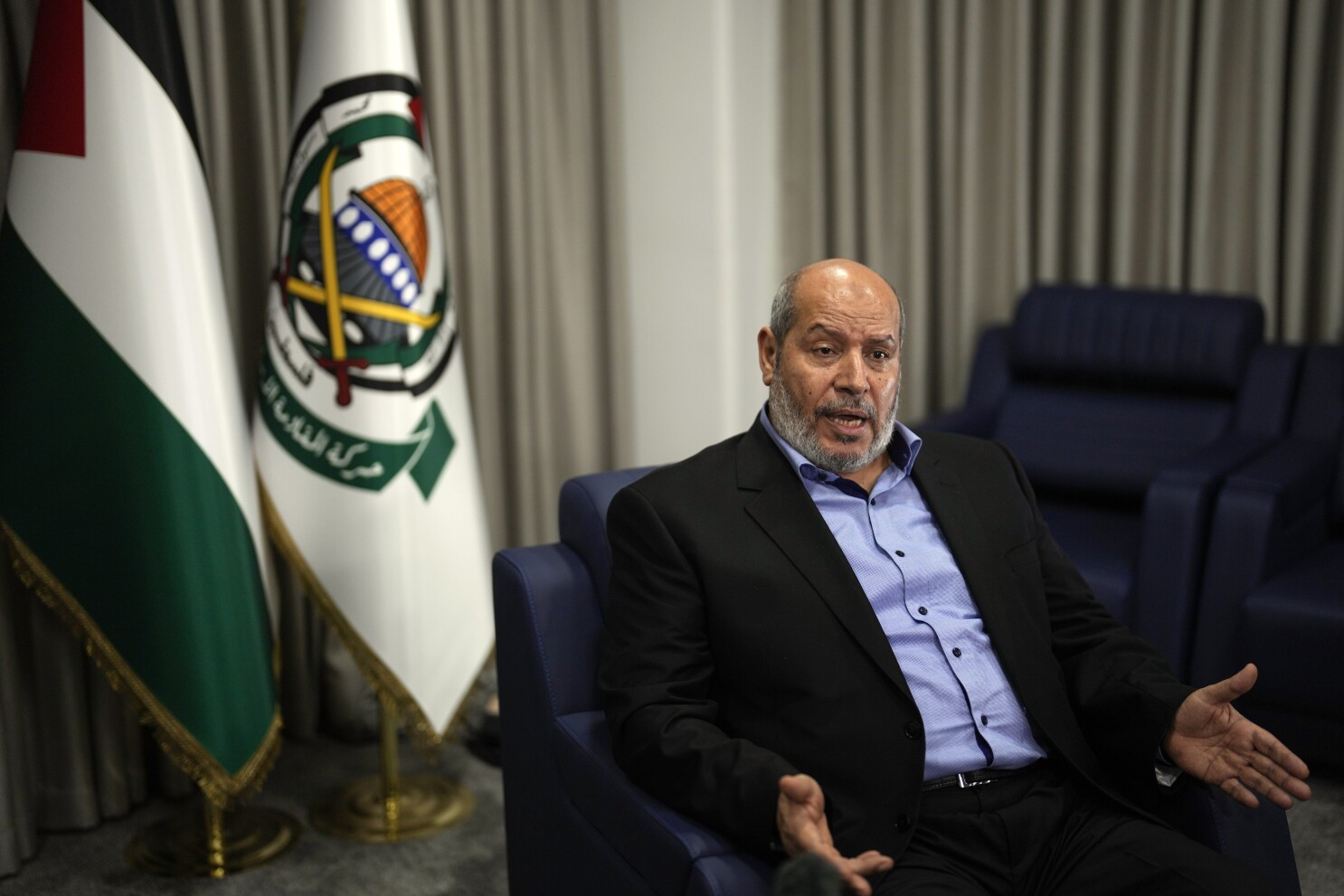
Israel’s Maariv daily reported fresh tensions inside Hamas as ceasefire and hostage-exchange talks continue in Egypt’s Sharm el-Sheikh, saying senior negotiator Khalil al-Hayya has adopted tougher positions that have put him at odds with Hamas leaders in Gaza as well as figures based in Turkey and Qatar.
Political sources in Tel Aviv told the paper they believe al-Hayya’s hard line is driven by a desire to “avenge” Israel after a failed attempt on his life and the killing of his son and daughter-in-law in Doha.
According to Maariv, Tuesday evening could prove pivotal as disagreements sharpen between Hamas’s Gaza leadership and counterparts abroad over al-Hayya’s approach and insistence on stringent terms.
Where the talks are stuck
• Live hostages: Hamas says it can free 20 living hostages within hours, but al-Hayya is pushing for phased releases tied to the tempo of Israel’s troop withdrawals. U.S. officials have told Qatari and Turkish mediators they reject that demand and want all living hostages released at once.
• Deceased hostages: An Israeli security source said Hamas claims it does not know the whereabouts of 28 dead hostages and cannot access them. Hamas says some bodies are in areas under Israeli control; Israeli authorities are investigating.
• Palestinian prisoners: Security officials said this file is comparatively straightforward. Once Israel agreed in principle to release at least one prisoner previously serving a life sentence, the precise number—100 versus 150—became less consequential from a security-management standpoint.
• Israeli withdrawal: Hamas leaders outside Gaza are pressing to link any hostage releases to a defined withdrawal schedule.
• Disarmament: Hamas seeks to retain certain personal weapons for top officials who would remain in Gaza for self-defense. The U.S. and Israel oppose any carve-outs.
Qatar’s foreign ministry spokesperson cautioned earlier Tuesday that it is “too early to be optimistic or pessimistic” about outcomes. Maariv portrays U.S. pressure through Wednesday as the “wild card” that could force a breakthrough. Washington’s insistence on including Turkey is seen as helpful as Ankara awaits a U.S. decision on a major arms package to upgrade its air force.
Israeli assessments cited by the paper argue that combined military pressure on Hamas’s command in Gaza—fearful of being forced into outright capitulation—together with stepped-up U.S. diplomacy could produce an agreement before the end of this week.
